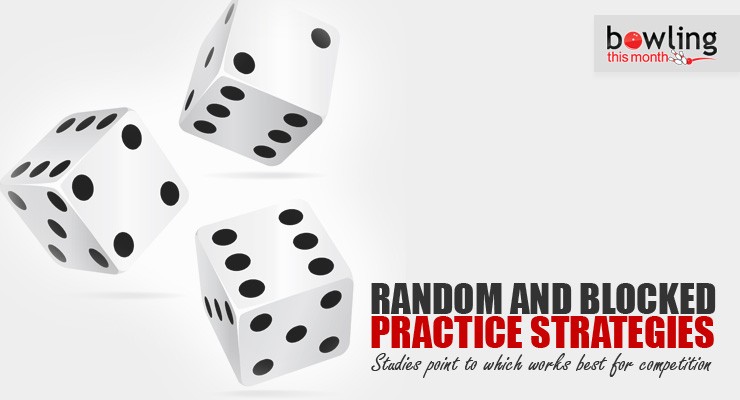In previous articles, I have discussed my knowledge of bowling from a bowler and sport psychology expert perspective. In upcoming articles, I will change gears and focus on motor learning concepts that may help athletes and coaches learn more from their training sessions.
From my knowledge of the bowling literature, motor learning (i.e., human movement) information to help bowlers and coaches better plan and execute effective training sessions is limited. I am hoping to educate bowlers about these useful motor learning concepts in coming months.
I will first write a series of articles about motor learning topics that bowlers can consider to maximize training and learning for more effective performance in competition. The second series will be written to help coaches use motor learning concepts to more thoroughly understand how to provide knowledge and feedback to the athletes they coach in order to maximize learning and performance. In this article, I will discuss different types of practice conditions, with the hope that knowledge about them will help bowlers plan their practice session wisely and maximize their learning experience.
What is blocked and random practice?
One primary reason to practice and train is to increase the occurrence of accurate shots in upcoming competitions. Most bowlers would have only a limited amount of practice time during the week because of other competing activities in their lives. Thus, it is important for all bowlers to maximize learning during training, no matter the amount of practice time you have.
One characteristic that increases the chances for future performance success is how much variation the bowler experiences during any given practice session. When designing a training schedule, you can either practice via random or blocked practice (see table below).
The only similarity in these practice schedules is that the training time is the same. When using a random practice schedule, skills ...
This article is only available to Bowling This Month subscribers. Click below to get instant access to this article and all of our other premium instructional content.
Subscribe to Bowling This Month
Already a Bowling This Month subscriber? Click here to log in.
Image Credits: Dice illustration (©iStock.com/-Albachiaraa-) is licensed for use by BTM and is the copyrighted property of its original creator.
